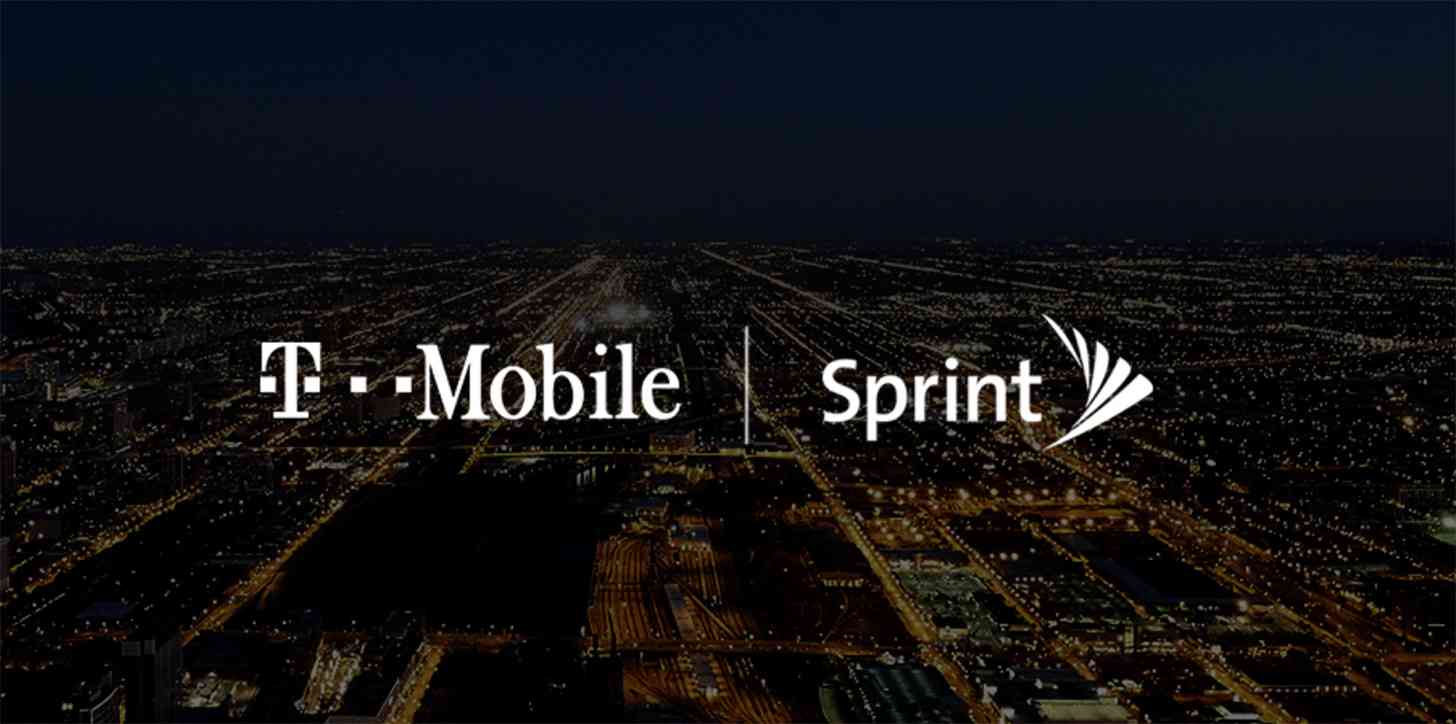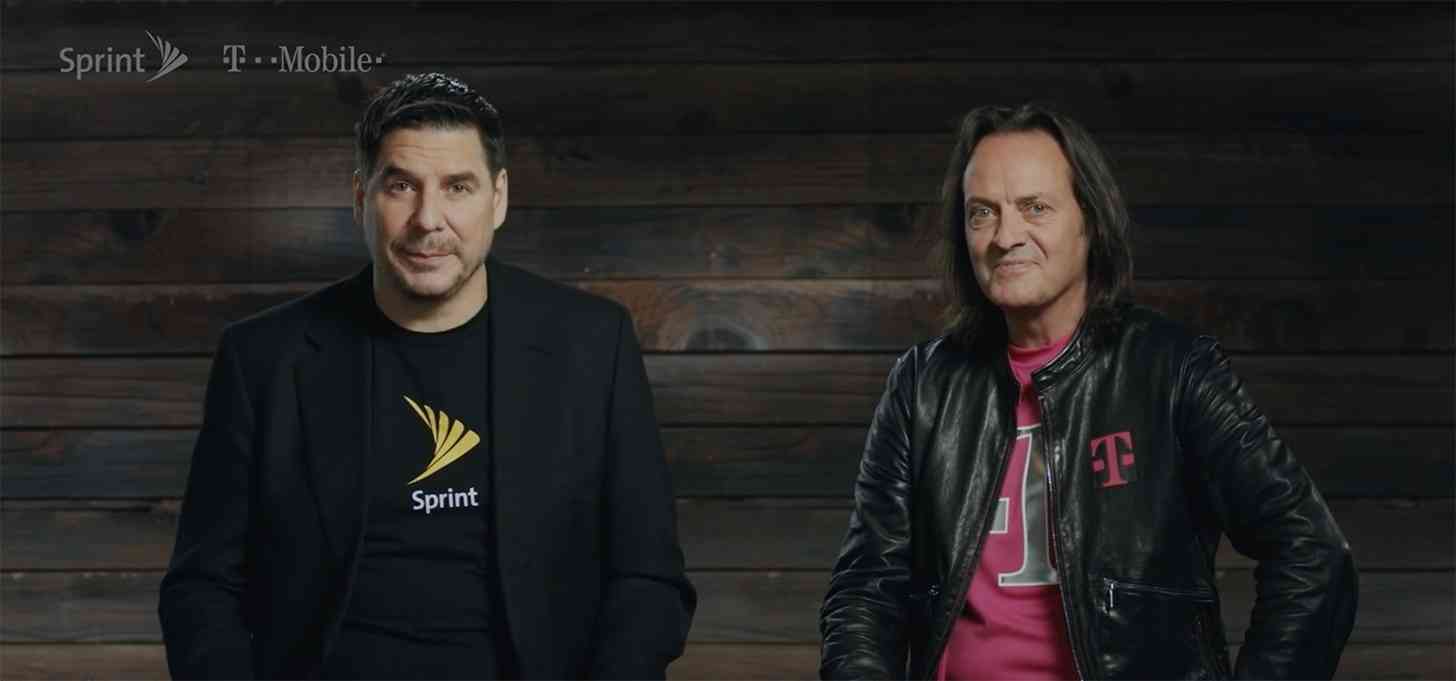After rumors began circulating this month claiming that T-Mobile and Sprint were in merger talks for the third time, the two companies today announced that they've agreed to merge.
The combined T-Mobile-Sprint will simply be known as T-Mobile. Current T-Mobile CEO John Legere will serve as CEO of the new company, while T-Mo COO Mike Sievert will be the President and COO. Deutsche Telekom CEO Tim Höttges will serve as Chairman of the Board of the new T-Mobile, while SoftBank CEO Masayoshi Son and Sprint CEO Marcelo Claure will also serve on the board.
T-Mobile parent company Deutsche Telekom will hold 42 percent of the combined company, Sprint majority owner SoftBank will hold 27 percent, and the public will hold 31 percent. The new T-Mobile will be headquartered in Bellevue, WA, where T-Mobile is currently headquartered. A second headquarters will be located in Overland Park, KS, where Sprint is currently headquartered.
This is an all-stock deal with a fixed exchange ratio of 0.10256 T-Mobile shares for each sprint share, or 9.75 Sprint shares for each T-Mobile share. The deal is worth around $26.5 billion, and according to a report from Bloomberg, there is no breakup fee.
In their arguments in support of the merger, T-Mobile and Sprint are most heavily focusing on 5G deployment. The two companies say that merging will help them bring 5G coverage to more people thanks to Sprint's 2.5GHz spectrum, T-Mobile's 600MHz spectrum, and their other assets. The two companies say that the new T-Mobile will "create the highest capacity mobile network in U.S. history" that, compared to T-Mobile's network today, will offer 15x faster speeds on average nationwide by 2024.

T-Mobile and Sprint argue that their merger will create new jobs, too. More than 200,000 people will work for the new T-Mobile, and the company plans to invest up to $40 billion on its new network and business in its first three years, which it says will result in job growth at its company and in related fields. "This combination will also force AT&T, Charter, Comcast, Verizon, and others to make investments of their own to compete, driving billions more in accelerated investment," T-Mobile says.
T-Mo points to its acquisition of MetroPCS in 2013 as evidence that its new merger will be a job creator, saying that three times more people work at MetroPCS now than when T-Mobile acquired it five years ago.
Another major argument used by T-Mobile and Sprint in favor of its merger is that the deal will reduce prices and drive competition. The new T-Mobile will have lower costs and "unprecedented network capacity", which it claims will make wireless, cable, and broadband more affordable. The merger will also accelerate T-Mobile's Un-carrier strategy, the two companies say.
T-Mobile CEO John Legere argues that the merger of T-Mo and Sprint won't be a case of reducing the number of wireless companies in the U.S. “This isn’t a case of going from 4 to 3 wireless companies – there are now at least 7 or 8 big competitors in this converging market. And in 5G, we’ll go from 0 to 1. Only the New T-Mobile will have the capacity to deliver real, nationwide 5G,” says the T-Mobile CEO. “We’re confident that, once regulators see the compelling benefits, they’ll agree this is the right move at the right time for consumers and the country.”
T-Mobile and Sprint's merger is subject to closing conditions, including regulatory approval, and is expected to close no later than the first half of 2019.

Now that T-Mobile and Sprint have finally reached a merger agreement, we'll have to wait and see if regulators from the FCC and U.S. Department of Justice approve or deny the deal. There will be heated arguments for and against the merger, with opponents sure to say that this deal will hurt competition in the U.S. wireless space by reducing the number of major carriers and possibly reducing the new T-Mo's competitive Un-carrier edge without Sprint to push it.
The previous two times that T-Mobile and Sprint tried to merge, the companies faced some regulatory opposition, but it's unknown how the current administration will react to the deal. This proposed merger is major news that will have a major impact on the U.S. wireless industry if it's approved, and it'll surely be in the headlines quite a bit in the coming months. Stay tuned for more as we get it.